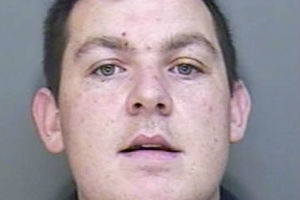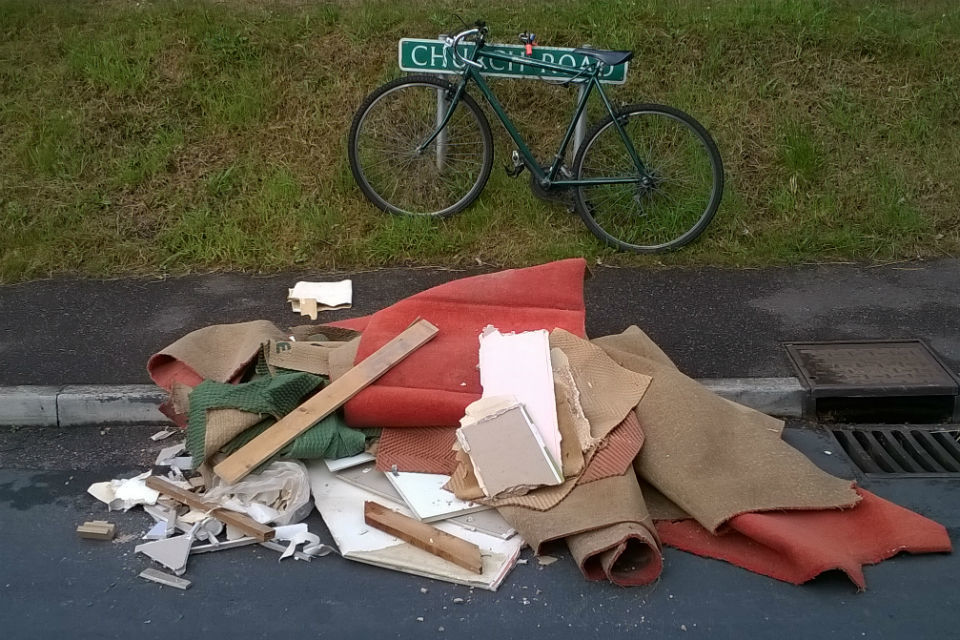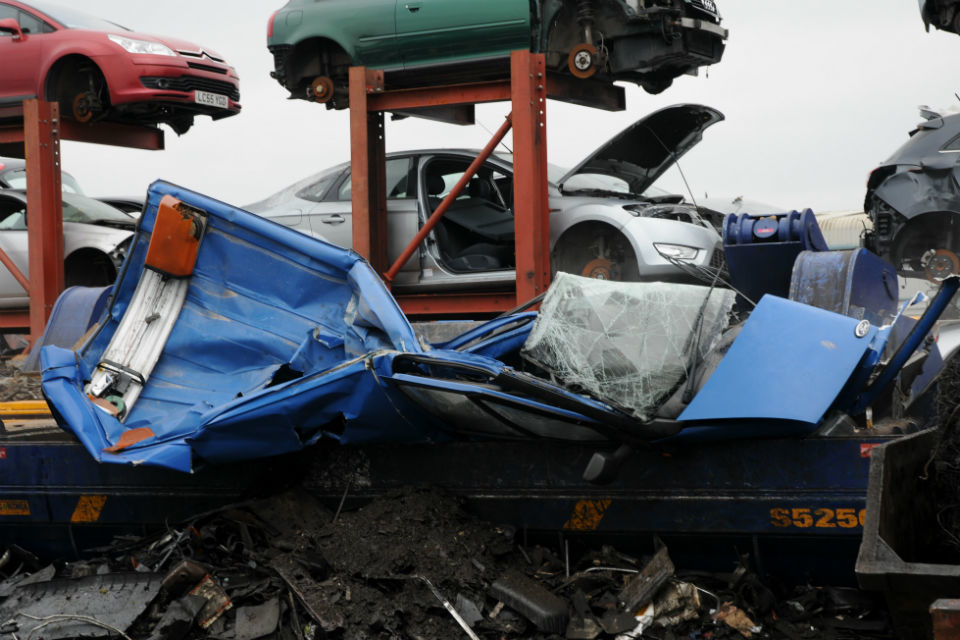'Plymouth's worst fly-tipper' jailed after 3 years on the run
After being caught for fly-tipping and summoned to pay for his crime, Martin McDonagh went to Ireland instead but still ended up in prison.

Martin McDonagh is now serving his prison sentence
A Plymouth man who fled to Ireland after committing a year-long fly-tipping spree has been jailed.
Martin McDonagh, 26, was called ‘Plymouth’s worst fly-tipper’ by the press for dumping rubbish collected from people’s homes in the countryside. He caught a ferry to Ireland 9 days before he was due in court in February 2017 and was sentenced in his absence to 20 months in prison.
A European arrest warrant was issued and McDonagh turned himself in to the police in Ireland late last year. He has now been extradited back to Devon to serve his sentence.

McDonagh dumped rubbish at 18 sites in the space of a year
Adrian Evans of the Environment Agency said:
McDonagh was described by the judge during his original sentencing as a ‘persistent offender who showed a ruthless determination to dump waste wherever it suited.’
We have been determined to catch him to show there is severe punishment for fly-tipping and no escaping it. Any short-term financial reward is dwarfed by the penalty when you get caught.
McDonagh would call on people uninvited and offer to take rubbish to the tip for cash. The rubbish did not go to the tip. Instead McDonagh dumped it in the countryside. He pleaded guilty to doing so at 18 different locations over a 12-month period.
On one occasion McDonagh was seen transferring concrete rubble from one van to another in Teignmouth. The latter was abandoned and asbestos discovered inside. The van was later destroyed.
After being extradited, McDonagh appeared in Plymouth Crown Court on 24 February 2020 and was told he would begin serving his sentence along with an additional six weeks in prison for failing to surrender to custody.

McDonagh's van was seized and destroyed
McDonagh’s extradition from the Republic of Ireland was the result of close partnership working between the Environment Agency, Devon and Cornwall Police and the National Crime Agency.
Inspector Phil Williams, of Devon and Cornwall Police’s Intelligence Directorate, said:
Cases such as this highlight the positive working relationship between partner agencies.
It is always challenging when offenders leave the country, requiring coordination with international counterparts in order to facilitate their return to the UK.
It is particularly pleasing that, after three years of work from the Environment Agency and Devon and Cornwall Police international liaison officers, McDonagh’s return has been secured.